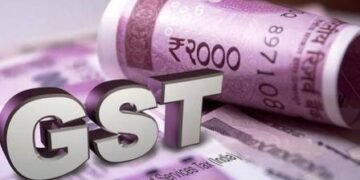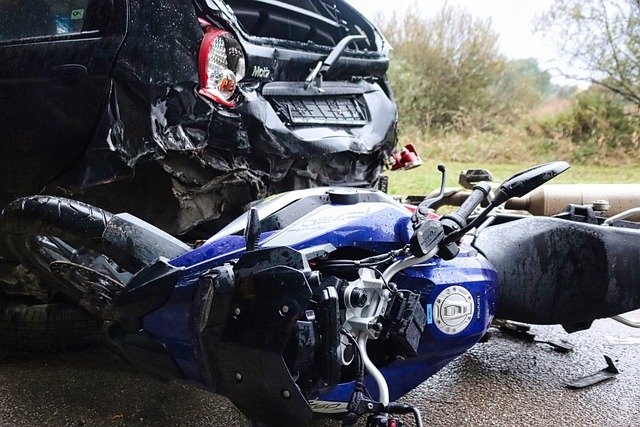In a landmark verdict, the Supreme Court on Wednesday directed the Centre to formulate a scheme for cashless medical treatment to motor accident victims in the “golden hour” period mandated under law.
A bench of Justices Abhay S Oka and Augustine George Masih referred to Section 162(2) of the Motor Vehicles Act, 1988, and ordered the government to provide by March 14 the scheme which could save numerous lives with prompt medical care to accident victims.
The golden hour, defined under Section 2(12-A) of the Act, refers to a one-hour window following a traumatic injury under which a timely medical intervention will most likely prevent death.
“We, therefore, direct the Central government to make a scheme in terms of sub-section (2) of Section 162 of the MV Act as expeditiously as possible and, in any event, by March 14, 2025. No further time shall be granted,” it ordered.
A copy of the scheme was directed to be placed on record on or before March 21, along with an affidavit of the officer concerned of the Ministry of Road Transport and Highways explaining the manner of its implementation.
“As can be seen from the definition, the one hour following a traumatic injury suffered in a motor accident is the most crucial hour. In many cases, if required medical treatment is not provided within the golden hour, the injured may lose his life. Section 162 is crucial in the present scenario where motor accident cases are ever-increasing,” the court observed.
Justice Oka, who authored the verdict, underscored the importance of providing immediate medical care during the critical period and said delays caused by financial concerns or procedural hurdles often cost lives.
The court further underlined the statutory obligation on the Centre to frame a scheme under Section 162 for cashless treatment and said the provision sought to uphold and protect the right to life guaranteed by Article 21 of the Constitution.
“When a person gets injured in a motor accident,” the verdict said, “his near and dear ones may not be around. Therefore, there is no one to help him. However, the injured person must receive the required medical treatment in the golden hour, since it is essential for his survival. Every human life is precious. Despite this, we find that the treatment needed in the golden hour is denied due to various reasons.”
The hospital authorities were said to often wait for the police to arrive and worry over the payment of treatment charges that could be on the higher side.
The law therefore provides the insurance companies carrying on general insurance business in India to provide for the treatment of road accident victims, including during golden hour in accordance with the scheme made under the MV Act, it said.
It was noted despite the provision being in force since April 1, 2022, the government was yet to implement the scheme, prompting the court’s intervention.
The Centre had submitted a draft concept note outlining a proposed scheme, which included a maximum treatment cost of Rs 1.5 lakh and coverage for only seven days.
However, these limitations were criticised by counsel representing the petitioner, who argued they fell short of addressing the need for comprehensive care.
The court directed the Centre to address these concerns while finalising the scheme.
The judgment noted the existence of a Motor Vehicle Accident Fund, established under Section 164-B, which can be utilised for the cashless treatment of accident victims.
The General Insurance Council (GIC) was tasked with administering hit-and-run compensation claims and developing a portal to streamline the process, it said.
The portal would enable the upload of required documents, inform states of deficiencies, and reduce delays in processing claims.
The order said 921 claims under the hit-and-run compensation scheme remained pending as of July 31, 2024, due to document deficiencies. It therefore directed the GIC to coordinate with claimants and address the issue.
The GIC was further instructed to expedite the development of the portal and report compliance by March 14, 2025.
























